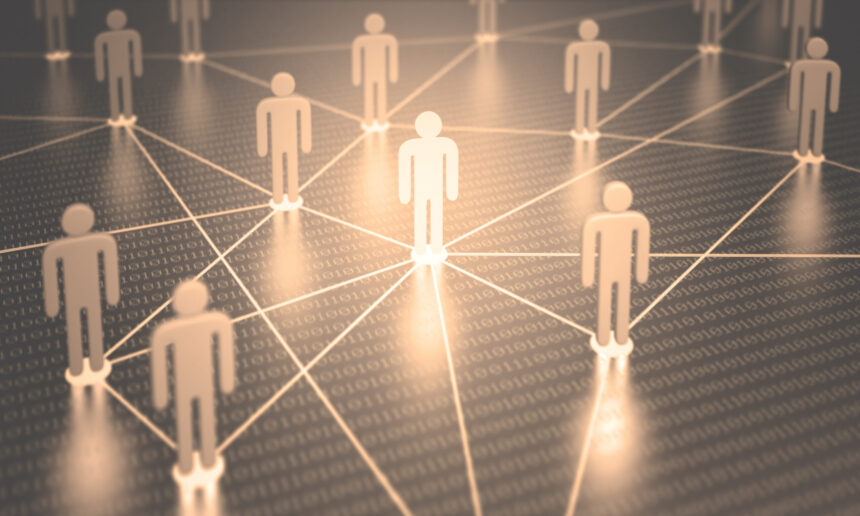Men are less willing and likely to share unpleasant information than women, according to a recent study from Carnegie Mellon University, Bayes Business School, and Bocconi University, although there is little difference when it favorable news.
According to the authors of a study published in the Journal of Experimental Social Psychology, this may be due to men’s greater concern about how other people perceive them, resulting in a tendency to self-promote by sharing positive information about themselves and not disclosing negative experiences to others.
The researchers conducted three different experiments with over 1,000 people to investigate gender differences in the sharing of different types of information.
In the first study, people self-reported times when they felt like they were dying to disclose information to others, then indicated whether they had actually shared the information. Two additional studies allowed the team to quantify the desire to disclose and aggregate participants’ desire.
According to the study: “…women share more generally than men, and experience a more intense desire to do so. However, men and women are relatively similar when it comes to sharing positive information, but men are less likely, and have a lower desire, to share negative information. Disclosure is increasingly prevalent in the Internet age, and gender remains an important fault line when it comes to patterns both of the desire to disclose and of actual disclosure.”


